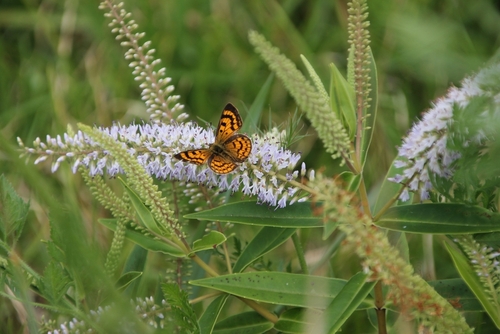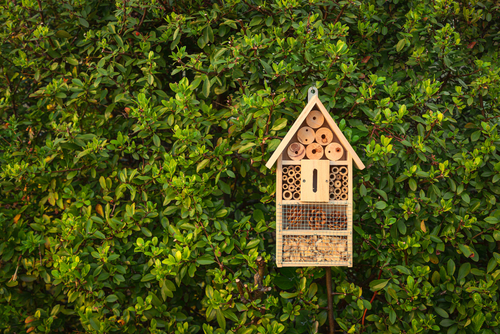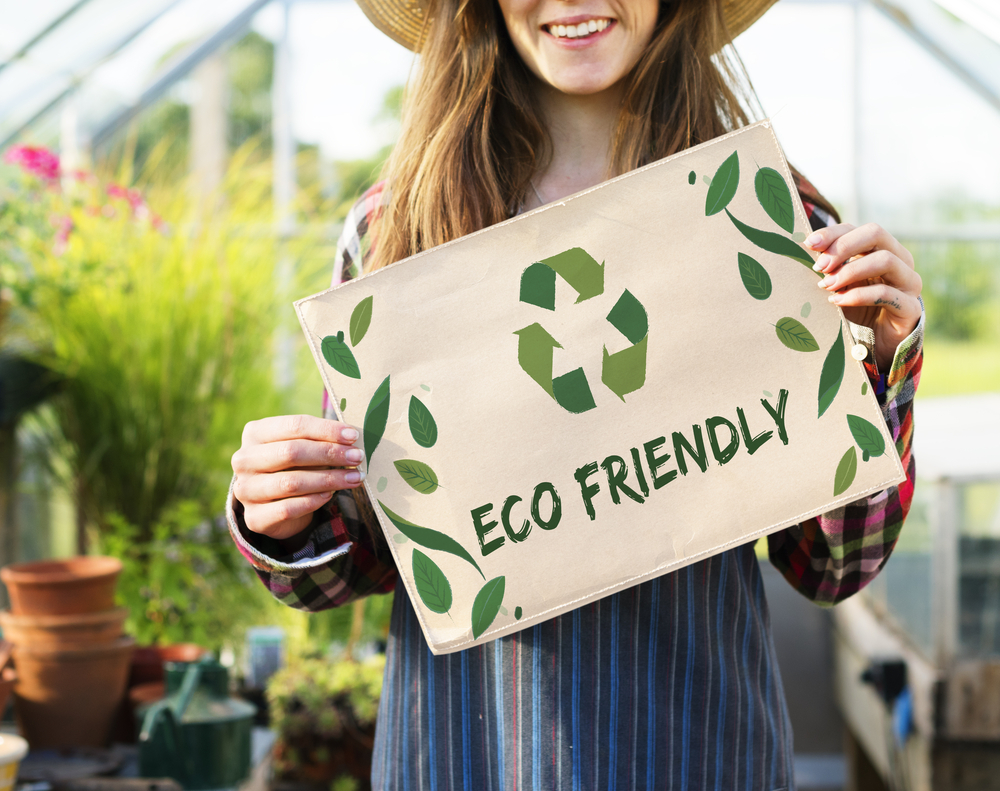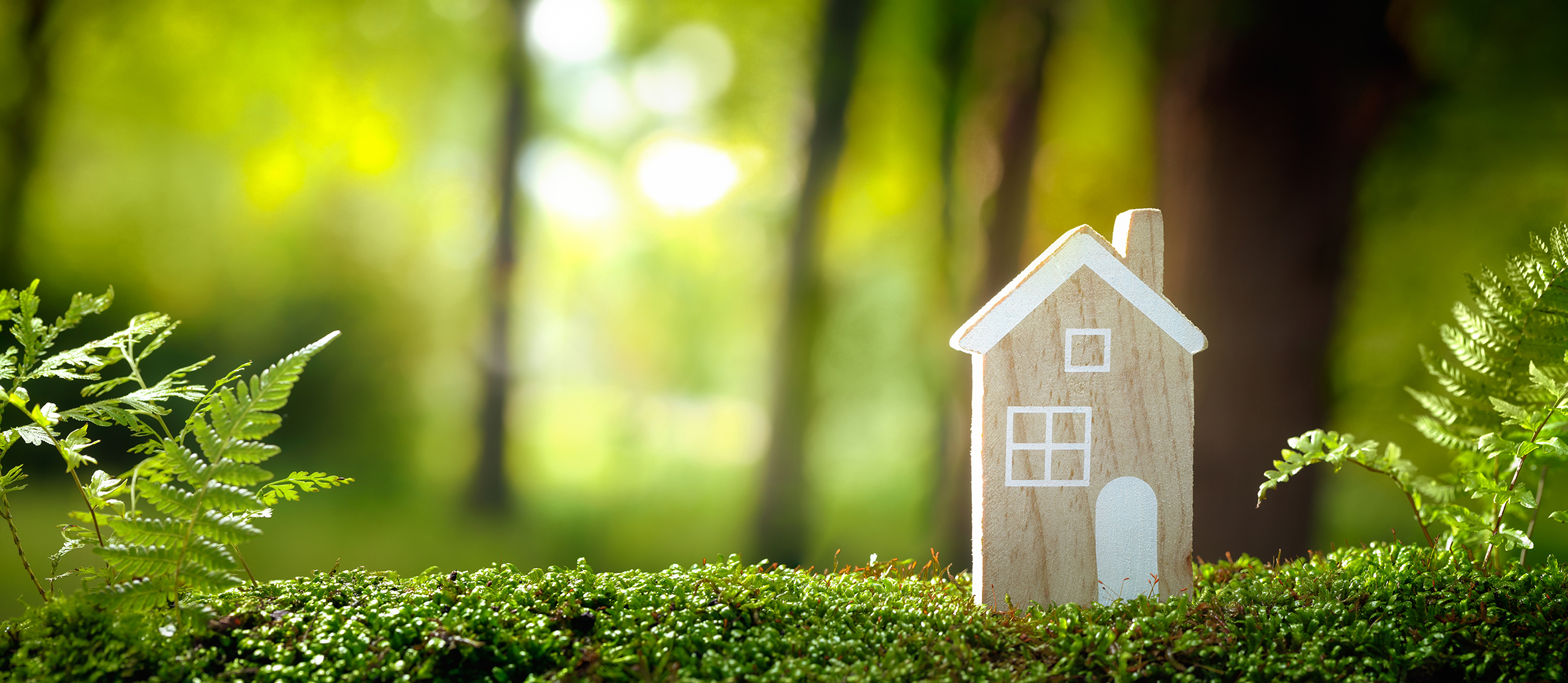If there is one topic that we always read about in the papers, hear on the radio, or see on the TV, it’s climate change.
Whether you take an active interest or not, global warming is an issue that we cannot ignore. Leading a more eco-conscious way of life can go a long way in reducing your carbon footprint and helping the planet.
While you may already be following such practices as conserving energy and saving water, there are eco-friendly changes you can make in your garden too.
From what materials you use to growing your own food, here are some ways on how to create an eco-friendly outdoor space environmentalists would be proud of.
Go Native

If you want to attract wildlife to your garden, one of the best things you can do is fill your outdoor space with as many native plants as possible. Not only are native wildflowers straightforward to grow and upkeep, but they also tend to be more resistant to pests when compared to non-natives. They’re also great for attracting butterflies and bees, which need as much help as possible, especially as their numbers are declining across the UK.
Plant Trees
Planting a tree (or several) in your garden can be a wise eco-conscious move to make. By absorbing carbon dioxide from the atmosphere, planting trees can help in your quest to combat climate change. What’s more, there are plenty of mental health benefits too. A walk among trees can elevate your mood, reduce stress levels, and improve your wellbeing overall. Trees can also improve soils and prevent erosion and flooding. Simply find a suitable spot in your garden, and you’re good to go. Research even suggests gardens with trees bring more wildlife than those without.
Make Homes for Wildlife

If you’re serious about attracting more wildlife to your outdoor space and creating an eco-friendly zone, why not give nature a helping hand by providing man-made shelter? Whether it’s a hedgehog home, beehive, or bird box, there are all kinds of ways you can make your garden space that little bit more welcoming to wildlife. Whatever approach you take, you will be amazed at how much wildlife floods to your garden!
Grow Your Own Food
Have you grown tired of buying fruit and veg from the local supermarket? Perhaps you’re worried about the fertilisers and pesticides that can infiltrate our food? Whatever your stance, why not devote a section of your garden to growing your own produce? Not only is it cheaper, growing your own fruit and veg reduces your environmental impact. It will even taste that little bit better, especially when you know you’ve done all the graft yourself! There are lots of delicious foods you can grow, such as apples, berries, carrots, and potatoes.
Choose Eco Materials

Green materials made and sourced by the local community strongly feature in sustainable gardens. Picking eco materials is great for lowering your carbon footprint. Materials like oak, log walls, chestnut paling timber, and rammed earth are all full of character and will bring your outdoor space to life. There are railway sleepers you can purchase that are eco-friendly too. Suregreen have an array of railway sleepers that are attractive and made out of high-quality timber. They can be used in your outdoor space to make raised beds for flowers or vegetables and their wooden slabs are cost-effective, durable, versatile, and suit both modern and rustic settings.
Reduce Waste
When you’re gardening, it can be all too easy to create excess waste. Thankfully, it’s just as easy to find more eco-friendly alternatives. For instance, you can save tons of water by collecting rain, rather than getting it straight from the tap. Also, instead of gathering fallen leaves, why not store them in a quiet corner that can provide a warm winter refuge for tiny animals?
Make Your Own Fertiliser
Natural leaf mould is just one option for making your own fertiliser. You can use just about everything from pulled-up weeds, leftover food, and grass cuttings to create a natural means of helping your outdoor space grow. Soaking weeds in a container for a couple of weeks can help in creating a nutrient-rich solution that you can use to water plants.
Start Composting
There’s a good reason millions of homeowners have got into the habit of composting. For starters, composting helps improve the structure and health of your soil by adding organic matter. Composting can also prevent soil erosion, conserve water, combat climate change, and promote healthier plant growth. There are guides that can teach you how to start composting. Once you get started, you’ll quickly reap the benefits.
The environment should be on everyone’s minds. If you’ve got garden space, you’ve got the opportunity to contribute towards protecting the natural world. Even taking one or two of our suggestions on board can go a long way and help make your outdoor space more environmentally friendly.
The perfect holiday in a caravan





